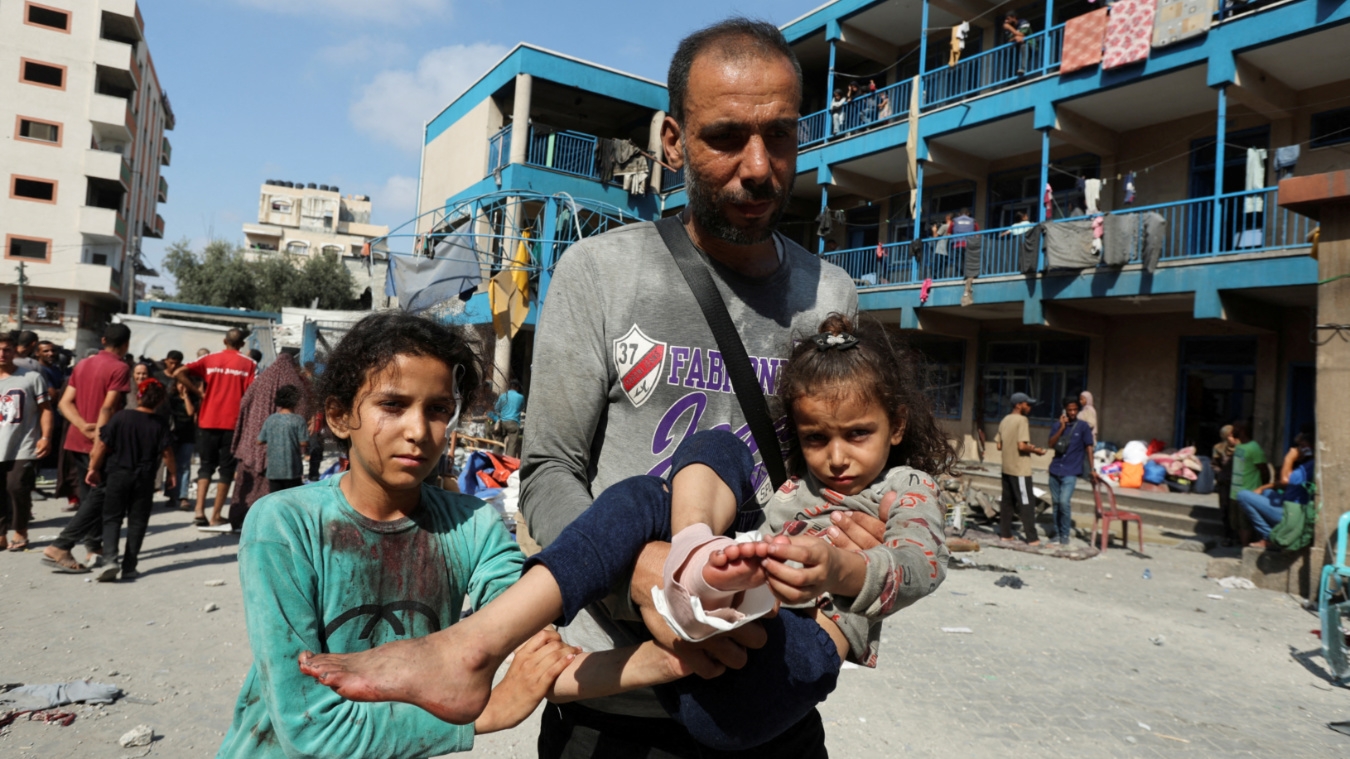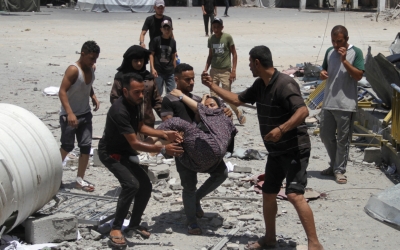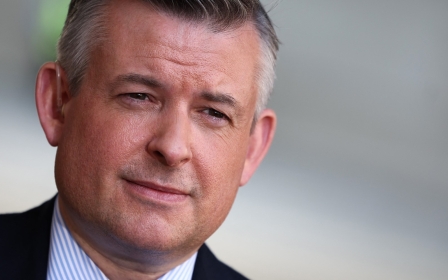Labour Friends of Israel backs UK's restoration of Unrwa funding with caveats

Labour Friends of Israel (LFI), a powerful group of pro-Israel MPs within the UK's ruling party, has backed the conditional restoration of funding to the United Nations agency for Palestinian refugees, Unrwa, given the humanitarian situation in Gaza.
Members of the group include Prime Minister Keir Starmer, foreign secretary David Lammy and health secretary Wes Streeting, alongside dozens of other Labour MPs and ministers.
In a policy summary published on Wednesday, LFI said it believes "the government should restore UK funding of Unrwa" in the short term.
"Renewed funding should be tied to crucial governance reforms," the group added.
The proposed reforms involve transferring Unrwa's functions to the Palestinian Authority (PA), according to the group.
New MEE newsletter: Jerusalem Dispatch
Sign up to get the latest insights and analysis on Israel-Palestine, alongside Turkey Unpacked and other MEE newsletters
"The transition of Unrwa’s services to the Palestinian Authority should be part of a larger process to reform and increase the legitimacy of the Palestinian Authority as it assumes governance responsibilities in Gaza," LFI said.
Under the previous Conservative government, the UK suspended its share of funding to Unrwa in January following unproven claims by the Israeli government that members of the agency were involved in the 7 October attacks on Israel, led by Hamas.
Since taking power after the 4 July election, the Labour Party has faced pressure within its ranks and from its traditional voter base to resume funding.
LFI emphasised that the resumption of funding should be contingent on the agency ensuring "more stringent vetting of staff, a transparent employee register and an overhaul of educational materials".
Unrwa, which is an acronym for the United Nations Relief and Works Agency for Palestinian Refugees in the Near East, was founded in 1949 to support Palestinians expelled from historic Palestine to make way for the establishment of Israel.
For decades, it has worked to help those refugees and their descendants who live in camps across occupied Gaza, occupied West Bank, Jordan, Syria, Lebanon and other Arab states.
Many in Israel, including its leaders, oppose the agency, believing it underscores the "right of return" of Palestinian refugees to their homes in what is now Israel.
There are around six million Palestinian refugees who are prevented from returning to their homelands in Israel.
Middle East Eye delivers independent and unrivalled coverage and analysis of the Middle East, North Africa and beyond. To learn more about republishing this content and the associated fees, please fill out this form. More about MEE can be found here.





